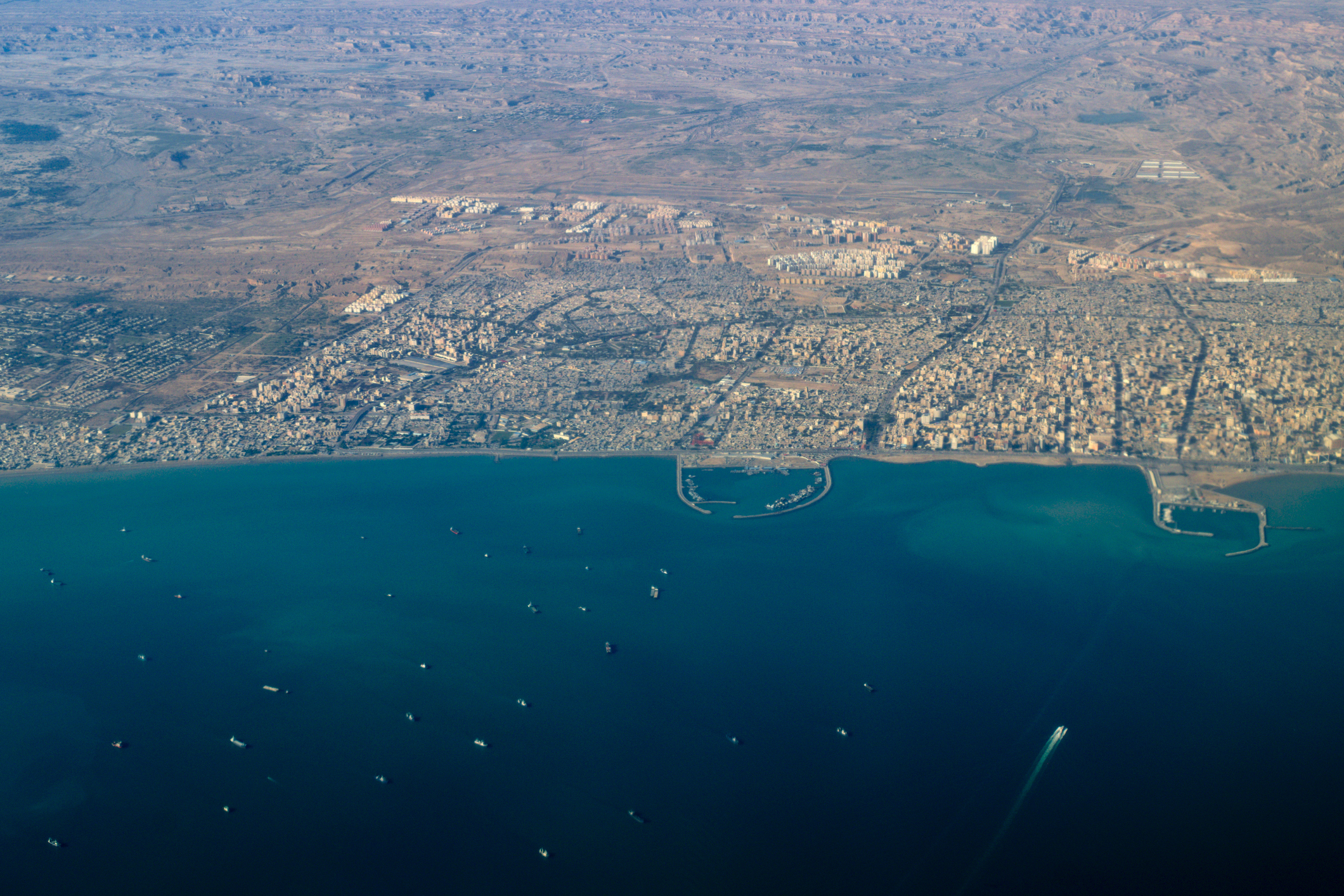Iran’s parliament has unanimously approved a dramatic proposal to close the Strait of Hormuz—the world’s most critical oil and gas shipping route—in direct retaliation for U.S. airstrikes on Iranian nuclear facilities at Fordow, Natanz, and Isfahan. While the decision signals a potentially catastrophic escalation with global repercussions, final authority to implement the closure lies with Iran’s Supreme National Security Council, which has not yet issued a formal order.
U.S. Secretary of State Marco Rubio condemned the move as “economic suicide” and warned it would provoke a strong American and allied military response. He urged China to use its influence with Tehran to prevent the closure, citing Beijing’s heavy dependence on the waterway for oil imports. Oil prices have already begun spiking on global markets, with analysts predicting a surge well above $100 per barrel if the blockade is enforced.
The Strait of Hormuz handles approximately 20 percent of global oil exports and a significant share of liquefied natural gas shipments, making it one of the most strategically vital maritime chokepoints in the world. Senior Iranian lawmaker and Revolutionary Guards commander Esmaeil Kowsari confirmed that parliament concluded the strait should be closed but reiterated that the Supreme National Security Council holds final decision-making authority.
Economists warn that a full closure could trigger cascading effects on global inflation and economic stability. Major economies in Asia and Europe—heavily reliant on West Asian energy supplies—face the prospect of severe supply disruptions that could cripple industrial output and consumer markets.
The Chinese government now faces the delicate task of balancing its strategic partnership with Iran against the potentially devastating impact on its own energy security. While Beijing has not yet issued an official statement, American diplomats are actively engaging with Chinese counterparts to urge intervention before the crisis escalates further.
In response, U.S. military forces throughout the region have been placed on heightened alert. The Pentagon is reportedly preparing for potential naval confrontations, as any sustained closure of the Strait of Hormuz would pose an existential threat to global energy security.
The Iranian parliament’s decision marks the most serious threat to global energy supplies since the 1980s Tanker War, when Iran and Iraq targeted commercial shipping. Current tensions in West Asia have already disrupted aviation and shipping patterns, but a Hormuz closure would represent an unprecedented blow to the global economy amid an already volatile energy landscape.














